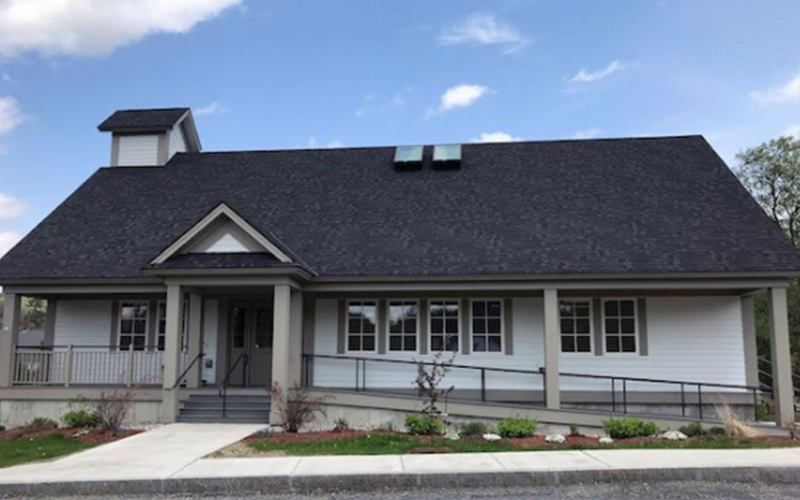At its September 18 meeting, the Moretown Select Board revisited discussions about designing an in-ground wastewater system for the town.
Moretown was one of 13 villages in Vermont to get funding from the state’s Village Water and Wastewater Initiative – about $3.3 million some $40,000-$60,000 of which the committee will use on its planning study. There are some 40 to 50 septic systems in the service area; committee members are working on a feasibility study that will provide more specific details on the ages of the existing septic systems, as well as the amount of wastewater that will need to be treated. Another aspect of the study involves identifying where soils are favorable for siting a municipal-scale septic system for all of the village’s users.
Moretown Planning Commission member Clark Amadon said previously that aging septic systems and the space taken up by them prevents the town from developing housing.
The board will use some of that grant to dig test pits in the easement on a town property off of South Hill Road. Amadon said that it may be a good site for the project because the town already owns it and the soils looks promising.
Caitlyn Cusack of the Vermont Land Trust (VLT) said the VLT is interested in the project because it would address water quality issues for the town, but that the easement – a written agreement intended to conserve the land – may be too restrictive for this particular land. Installing an in-ground wastewater system is not included in the permitted uses of the easement, she said.
“It would be really difficult for us to find a way to have this type of system be installed on the protected property,” Cusack told the board. “I’m not saying no, because we don’t have the details or design yet, but in looking at and reading the easement, I’m not finding a way where we can see it fitting with…what’s been outlined in the easement.”
Cusack said that easements can only be amended by adding acreage or more protections to the land – not removing protections. She said that as the board keeps exploring options, she wanted them to “be aware of some of the challenges.”
Amadon said moving forward with the test pits would generate more data about whether the project is feasible in this location, and would not create a major disruption. Board chair Tom Martin agreed and said that the town will move forward with the test pits.
Amadon said that there may be another site on Route 100B where the soil and the size of the land look promising, but if neither site works out, “our options are beginning to fade here.”
The board also approved and signed a warrant to pay Otter Creek Engineering $22,000 for work on a feasibility study for the wastewater system. Amadon said that the town will receive another invoice for $900. There are 40 to 50 septic systems in the service area and Amadon and board members are working with the engineering firm to provide more specific details on the ages of the existing septic systems, the amount of wastewater that will need to be treated and the best soils in the village.













